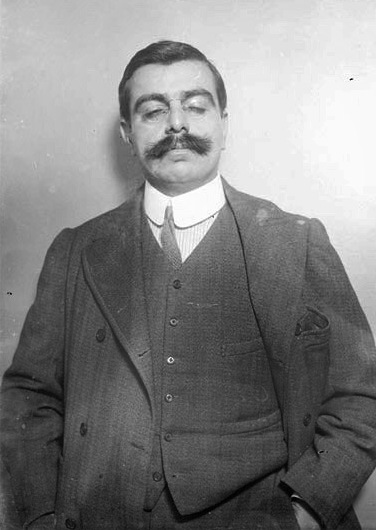“The subject should always disappear in the object.”
Memoirs of Aga Khan: World Enough & Time (1954)
Contexte: Life in the ultimate analysis has taught me one enduring lesson. The subject should always disappear in the object. In our ordinary affections one for another, in our daily work with hand or brain, we most of us discover soon enough that any lasting satisfaction, any contentment that we can achieve, is the result of forgetting self, or merging subject with object in a harmony that is of body, mind and spirit. And in the highest realms of consciousness all who believe in a Higher Being are liberated from all the clogging and hampering bonds of the subjective self in prayer, in rapt meditation upon and in the face of the glorious radiance of Eternity, in which all temporal and earthly consciousness is swallowed up and itself becomes the eternal.
